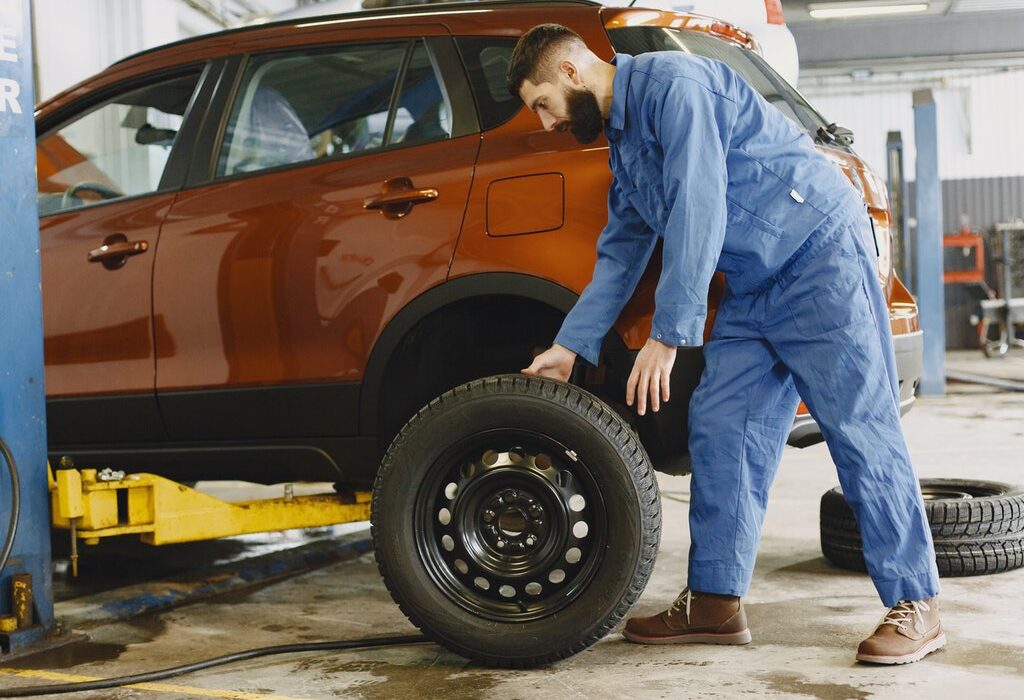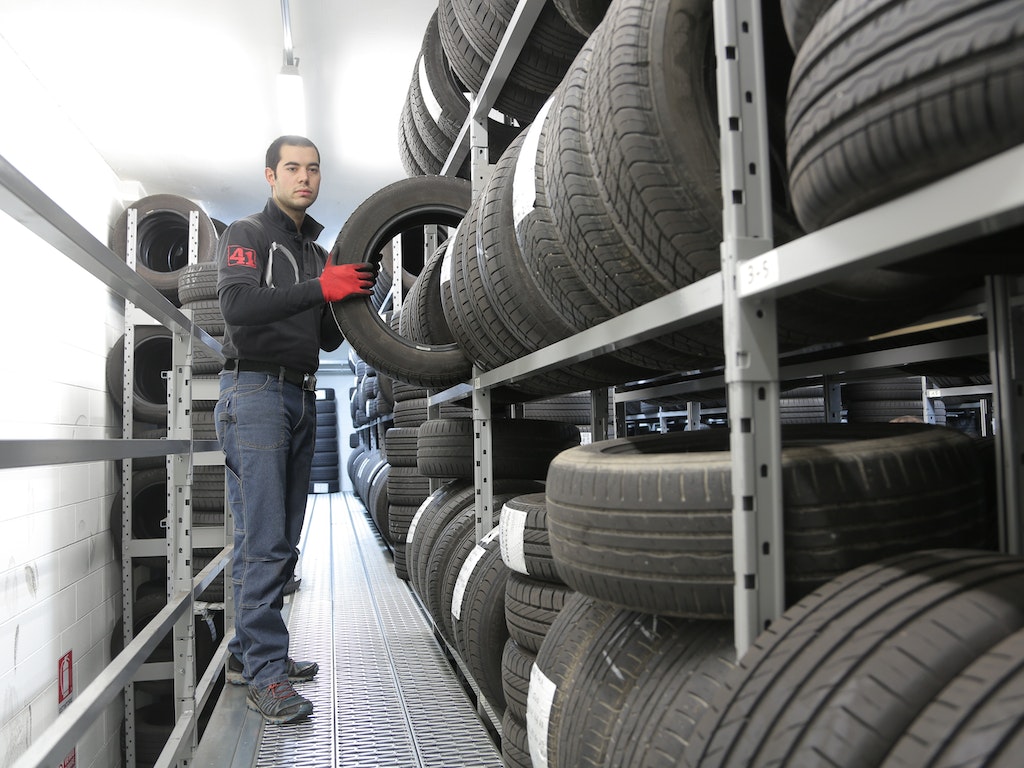When it comes to changing your car’s tires, it’s crucial to know the factors that influence the frequency of tire replacement. The NHTSA recommends replacing tires every six years as a general guideline. However, several variables can accelerate tire wear and necessitate more frequent replacements.
Factors to Consider
Duration: Most experts suggest replacing your tires approximately every six years. However, your driving habits play a significant role. If you drive extensively, you may need replacements sooner, while infrequent drivers can extend the lifespan of their tires.
Mileage: Another key factor is mileage. It’s advisable to change your tires every 25,000 to 50,000 miles. You can typically check your overall mileage on your car’s dashboard.
Handling: Pay attention to how your vehicle handles while driving. If your steering wheel feels unsteady, jiggles, or leans to one side, it might be time for new tires.
Reasons to Replace Your Tires
Tires, like any mechanical component, don’t last forever. Neglecting routine maintenance such as tire rotation, alignment, and air pressure can reduce your vehicle’s lifespan and lead to inconvenient flat tires or blowouts.
Reduced Traction: Tread depth is crucial for traction, especially on wet or slippery roads. Worn-out tires with minimal tread depth struggle to channel water away, making driving hazardous.
Poor Steering and Braking: As tires age, they lose their ability to stay cool during friction with the road. This can impact steering and braking, compromising your ability to stop quickly or make sharp turns.
Frequently Asked Questions
How Do I Know When to Change My Tires?
You can figure when to replace your tires by considering their age and tread depth. Tires older than six years should be replaced. Additionally, it’s time for new tires if the tread depth reaches the 2/32-inch mark.
Can Tires Go Bad Over Time?
Even if your tires have significant tread left, they can deteriorate due to environmental exposure. Signs of tire deterioration include brittleness, fading, and cracking. If you notice these signs, replace your tires promptly.
What Happens If I Don’t Change My Car Tires?
Failing to replace old tires can lead to decreased vehicle safety. It may result in longer braking distances, reduced traction, and handling issues. In emergencies, these factors can be critical. Moreover, the risk of experiencing tire-related problems, like blowouts, increases.






